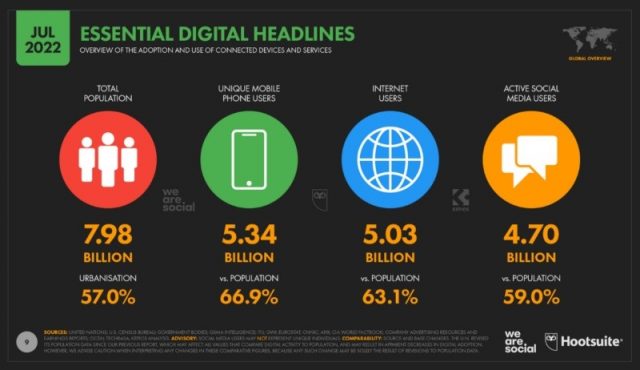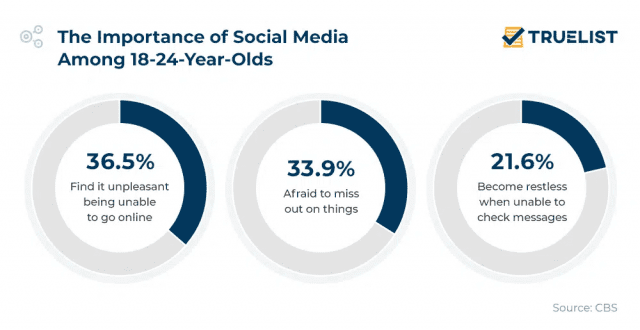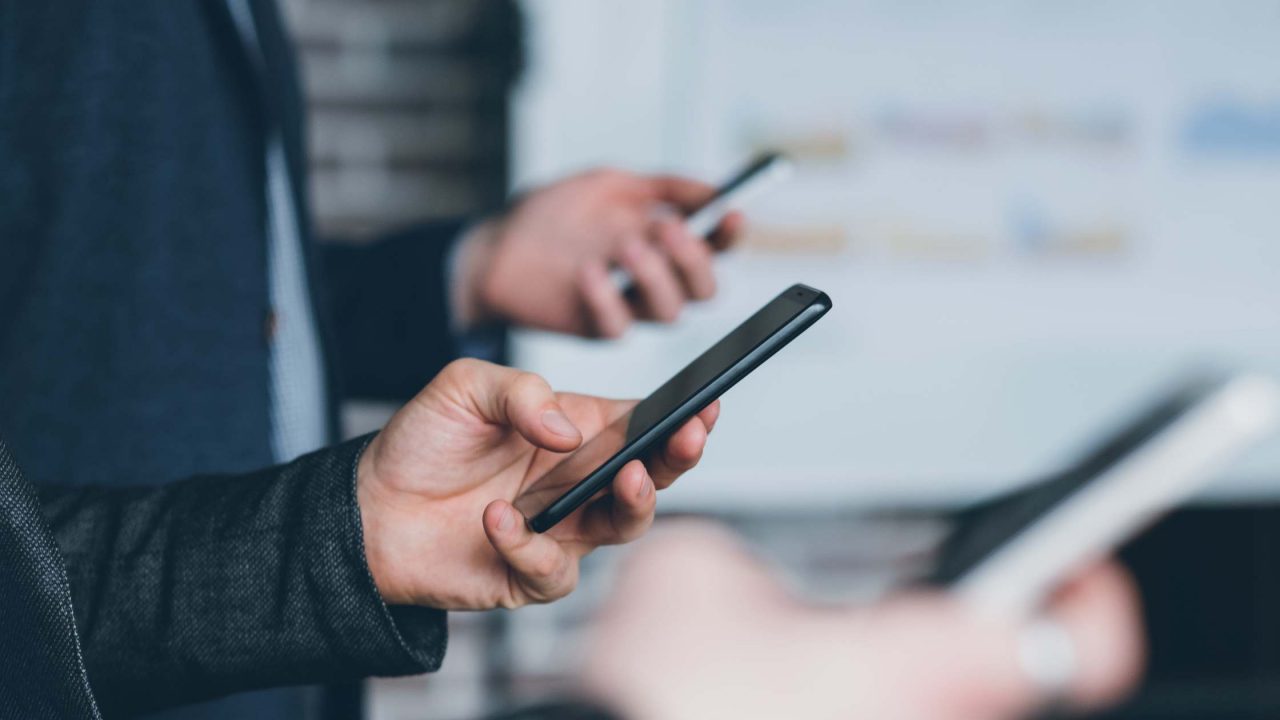Numerous studies have shown that cellphone and internet addiction have a similar effect on our brain as drugs such as heroin. Hence, this is concerning especially for children and teenagers, as their brains and social skills are still in a developing stage.
With the advancement of cellphones into smartphones, along with the progress in internet technologies, a world of indulgence stays lurking in our palms. This gives rise to ‘Phubbing’, or ‘phone snubbing’, which is a common phenomenon these days.
As the name suggests, phubbing means giving more attention to the phone over actual human interaction. Phubbing phenomenon, in the frequent use of a smartphone, describes the habit of snubbing someone in favour of a phone.
The word “phubbing” was coined in 2012, as part of a campaign by Macquarie Dictionary in Australian. McCann Group, the advertising agency, invited authors, lexicographers and poets to suggest a new word to describe the behaviour of ignoring others in favour of your mobile phone.
An Australian college student named Alex Haigh, who was an intern at McCann at the time, came up with the word “phubbing.”
Simply put, phubbing emerged from the act of phone giving rise to snubbing.
Phubbing includes any of the following ways of indulging with a smartphone:
- Glancing at your phone in the middle of a conversation
- Interrupting a real-life conversation to answer your phone.
- Checking your phone as soon as a conversation pauses
- Phubbing is one example of how technology is affecting social skills
This no secret that smartphones do lower the quality of interactions between people.
The findings from a recent survey are worth pondering over:
- 68 % of people sleep with their smartphone next to the bed
- 79 % reach for their phone within 15 minutes of waking up
- Smartphone is the last thing most people look at before going to bed
- People check their phones an average of 220 times per day
- Two-thirds check their phone even when it is not vibrating or ringing
- 70 to 80 % of drivers use their smartphone while driving
Phubbing can be detrimental to pursuing study, concentrating on goals and even to perform simple tasks, maintaining mental health and ensuring long-term success.

The most important predictors associated with phubbers are:
- Internet addiction
- Smartphone addiction
- The fear of missing out (FOMO)
- Lack of self-control
Phubbing can have significant consequences on a person’s relationship health, social health, and self-flourishing. Moreover, it has been found to be related significantly to depression and distress.
MENTAL Health
Apart from the phubber, phubbing affects people who are at the receiving end of it.
Whether in personal or professional scenario, imagine someone you are sitting with glances at the phone habitually during conversation. Besides being rude and negative, such act can have a serious implication on the other person’s mind being ignored, undermined and even, rejected.
The Journal of Applied Social Psychology reveals in one its studies that phubbing affects our sense of belonging, meaningful existence, control and self-esteem. This, in turn, may make you reach for your phone too.
PERSONAL relationships
This is a proven fact that phubbing can rob someone of the experience of being physically and mentally present with people. It also creates barriers in creating engagement with others.
Phubbing, can also be described as a distraction, results in making face-to-face conversation less meaningful and satisfying for everyone involved. It can lead to having a sense of guilt for the phubber later.
As per a study published in the ScienceDirect, phubbing and related instances of excessive use of smartphones can cause problems in marriages, friendships and familial relationships.
A study published in ResearchGate infers that having a partner who is into phubbing can lead to depression.
HOW to know if you are a phubber
As a simple rule of thumb, you might be a phubber if you habitually carry on with two conversations at a time — one in person and one on your phone. This is not simply multi-tasking, it is phubbing or phone-snubbing of someone who is present with you in person.
Moreover, if you take your phone to the dining table every day, and check your phone intermittently while having a meal, you are definitely a phubber.
HOW to Stop phubbing
It begins with spotting and admitting the problem. Once self-identified, one should consider this to be just a bad habit. While sitting down for a meal with family, make sure that you keep the phone away.
If you are eating out at a restaurant, work on the phone’s setting so that it doesn’t alert you every now and then. Remember, you are your best counsellor to get rid of this habit.

RECENT developments
The Diagnostic and Statistical Manual of Mental Disorders (DSM-5), published by the American Psychiatric Association, has introduced a new category defining the same as “other disorder due to addictive behavior”.
Although internet gaming addiction and gambling addiction are included in this new category, it is yet to include social media addiction (Stănculescu & Griffiths, 2022). Social media addiction is not yet clinically defined in the DSM-5. It is usually referred to as a behavioural problem.
Social media addiction, as a behavioural problem, can be further defined as inability to satisfy the desire to use it, excessive use, neglect of daily tasks, damage to social relations, and lying about the duration and amount of usage.
Negative emotions such as anger, unhappiness and stress can emerge from the inability to access social media and smartphone in general.
As a result of the negative emotions created by social media, a person starts giving preference to social media rather than to direct face-to-face communications and interactions. In addition to this, excessive use of smartphone leads to a decrease in a person’s social skills and a deterioration of interpersonal relations.
HAPPINESS and success at stake
Cognitive flexibility enables a person to take responsibility, make sense of their experiences, and become entrepreneurs. These traits also make an individual show interest in the immediate environment, resulting in a sense of being secure in relationships.
Cognitive flexibility needs planning related to memory, perception and behavioural processes. These are positively associated with favourable situations and emotions such as happiness.
Cognitive flexibility is an aspect of executive function which needs switching between conflicting and multiple representations, responses or strategies in response to changes in task-demands.
Concentration, choosing, and achievement of primary goals heavily depend on a set of cognitive functions known as executive functions. It includes minimizing interference disturbance, organization actions, organizing and planning strategies, inhibitory control, and cognitive flexibility.
Individuals possessing a low cognitive flexibility cannot effectively plan and modulate their behaviours to achieve goal-directed plans and cannot manage themselves away from unfavourable stimuli.


